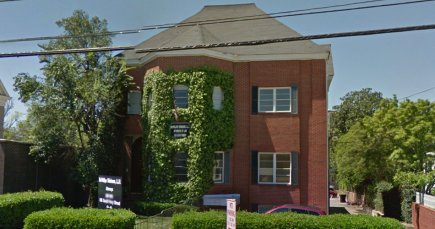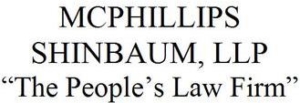Who Is At Fault in a High-Speed Chase?
On July 30, 2013, a high-speed police chase through Birmingham and suburban Homewood resulted in two collisions and three injuries.
Police state that they spotted a man with outstanding arrest warrants driving in Birmingham’s south side shortly before 6:00 p.m. The chase ended when the suspect’s vehicle crashed into another car near the corner of Roxbury and Oxmoor in Homewood. Another crash occurred previously on 18th Street. The fleeing suspect, his passenger (who also had an outstanding arrest warrant) and another driver were all rushed to area hospitals.
One witness remarked that she was “surprised” that more people weren’t hurt, given that the events occurred in a busy downtown area during rush hour. An Alabama car accident lawyer may become involved due to the serious injuries suffered by at least one and arguably two innocent bystanders.
Negligence in a high-speed chase
Accidents in high-speed chases are a serious problem. The FBI reports that one person dies every day in a high-speed chase. While peace officers are granted some leeway in their pursuit of some suspects, Alabama law does set limits on their behavior. These officers — and the city, county or state that employs them — may be liable for damages caused in a high-speed chase. Damages may include property damage and compensation for injury or death.
- Officers are held to a simple negligence standard in Alabama. Even if they are in a high-speed emergency chase, they have a duty of reasonable care to other innocent third parties.
- Despite a minority of states that impose liability in such situations, an injured suspect cannot sue for damages in Alabama because the suspect could have pulled over at any time and ended the chase.
The experienced and tough attorneys at McPhillips Shinbaum are not intimidated by a government agency, insurance company or anyone else that is standing between you and fair compensation for your injuries. Call today for your free consultation.









